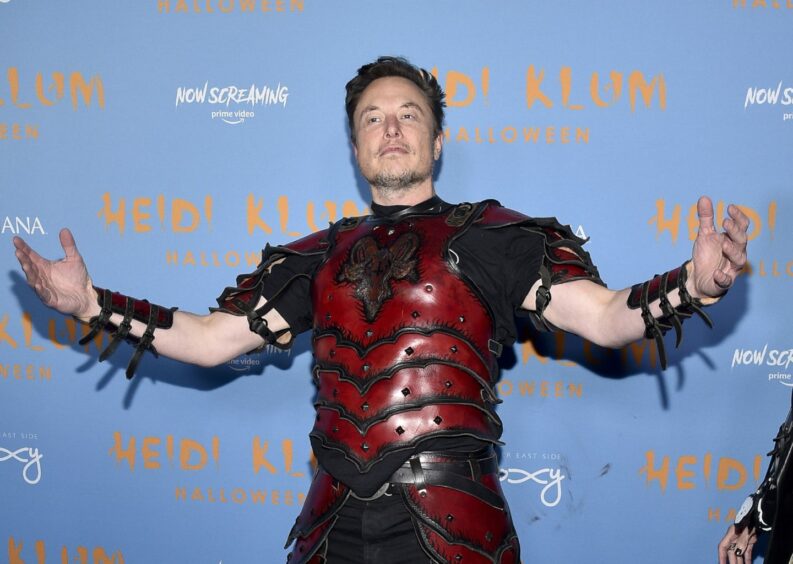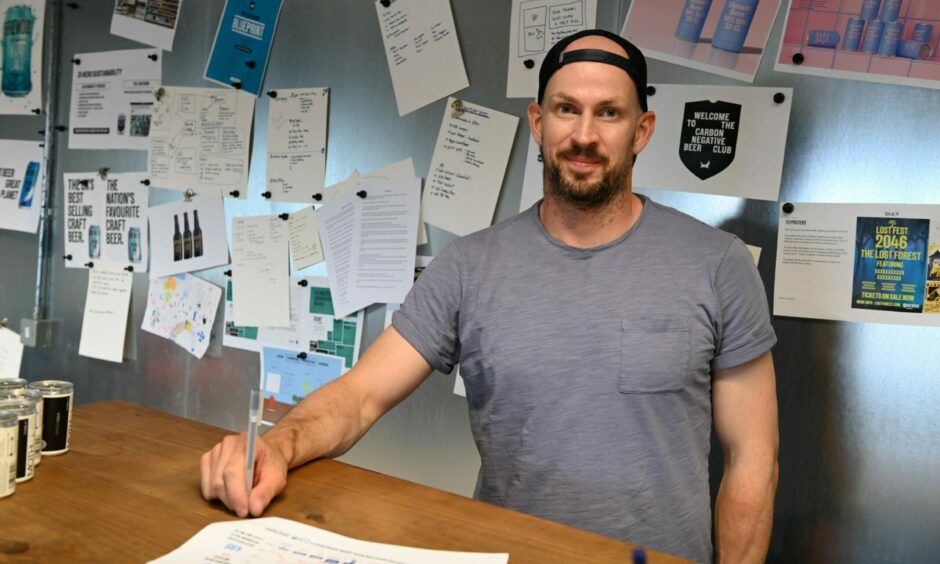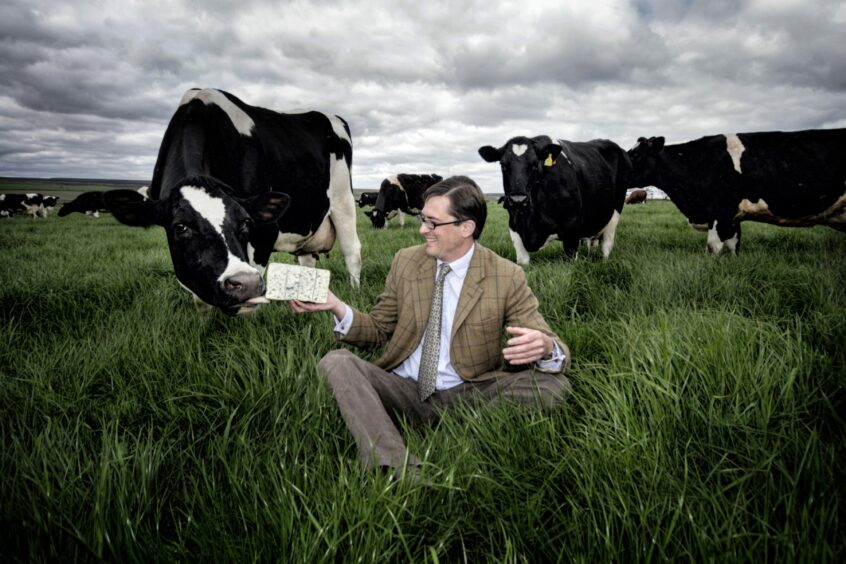Here’s a conundrum. Recently Americans celebrated National Entrepreneurs’ Day, as part of National Entrepreneurship Month, unashamedly honouring the men and women whose ingenuity, hard work and willingness to take risks has made their economy the envy of the world.
Giants such as Elon Musk and Jeff Bezos have mega-celebrity status, their sights are now literally beyond the bounds of earth and their every utterance is breathlessly hung upon.
It’s the same in other countries. In Australia, trailblazers such as John Ilhan, Rupert Murdoch and Katie Page are household names. Former bookie J P McManus is one of the richest men in Ireland, with a net worth upwards of €1 billion – and the Irish love him for it.
READ: Elon Musk is making a common leadership mistake by pretending he isn’t human
Back to the conundrum. Brewdog is one of Scotland’s most successful companies. Emerging out of the cold, north-eastern corner of the country, the brewer is now valued at some £2 billion and is just about to open its latest extravaganza – a 30,000 sq ft craft beer paradise in the heart of the Las Vegas Strip.
BrewDog Las Vegas finally opens next week!
Without a doubt the most ambitious and challenging retail project we have ever undertaken.
We have invested almost $20m, created hundreds of new jobs & created a craft beer cathedral in the heart of sin city. pic.twitter.com/uNo89JSJ5X
— James Watt (@BrewDogJames) November 25, 2022
And what has been the response to their success? A resounding silence, punctuated only by regular waves of damaging publicity, in a number of cases stirred up by disgruntled former employees.
I am well aware that, for many people, founders James Watt and Martin Dickie might not be the first guests they would invite round for dinner. But for heaven’s sake, these lads have made a fortune and created countless thousands of jobs by doing something very common uncommonly well. And surely that deserves the occasional round of applause.
Now, I defer to no one in my love of Scotland and my business is situated in one of the loveliest parts of the Highlands. But sometimes the country is like an exasperating friend, to whom you want to say: “Oh, give yourself a shake.”
I have been trying to figure this out and I am coming round to the suspicion that there is an ingrained disdain – bordering on resentment – for people who make a success of discovering a previously untapped niche or, like Brewdog, adding a quirky new twist to an age-old process.
I know well-off businessmen in Scotland who subject themselves to a very humble lifestyle because woe betide them if they put their heads above the parapet and are honest and open about their personal circumstances.
Is there something Calvinist lurking here? Is business success tainted by Mammon, and therefore to be dismissed and diminished – while the same strictures do not seem to apply to lottery winners of supercar-driving footballers?
Is there something Calvinist lurking here? Is business success tainted by Mammon?”
If these attitudes are indeed inherent, could they go some way towards explaining why Scotland, with a population of 5.5 million, has a GDP of £200 billion while Ireland, with 500,000 fewer people, is clocking up £400bn?
Overcome business aversion
It is difficult to see how this business aversion can meaningfully be overcome without addressing the crisis of confidence from which we currently appear to be suffering.
It is easy to say that what we need is a shared collective vision of the nation we want to become, and the will to take everyone along on the journey and let them share in the success. And that we need to enthuse more – much, much more – about the achievements of those who make the effort.
Nobody is going to get out of our way to ease this passage. Businesses will have to elbow, shove and push to capture a portion of the markets we want to enter, and sticking a Saltire on products is no longer any guarantee that they will be viewed favourably.
Some entrepreneurs will fall by the wayside – it is the nature of the journey. But if we don’t start to create an environment in which they can push the parameters without continual censure, then the outlook is gloomy, to say the least.
Rory Stone is director of Highland Fine Cheeses, Tain.




Conversation